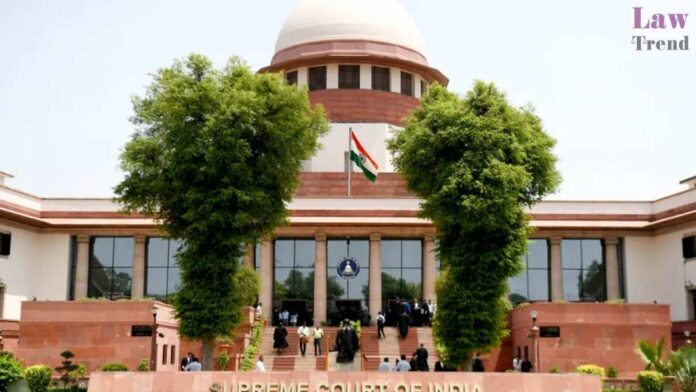The Supreme Court of India, in a significant ruling on service jurisprudence, has held that an erroneous concession on a question of law made by a counsel before a court is not binding on the client, particularly when it contravenes statutory recruitment rules. A bench of Justice Pamidighantam Sri Narasimha and Justice Atul S. Chandurkar
To Read More Please Subscribe to VIP Membership for Unlimited Access to All the Articles, Download Available Copies of Judgments/Order, Acess to Central/State Bare Acts, Advertisement Free Content, Access to More than 4000 Legal Drafts( Readymade Editable Formats of Suits, Petitions, Writs, Legal Notices, Divorce Petitions, 138 Notices, Bail Applications etc.) in Hindi and English.




